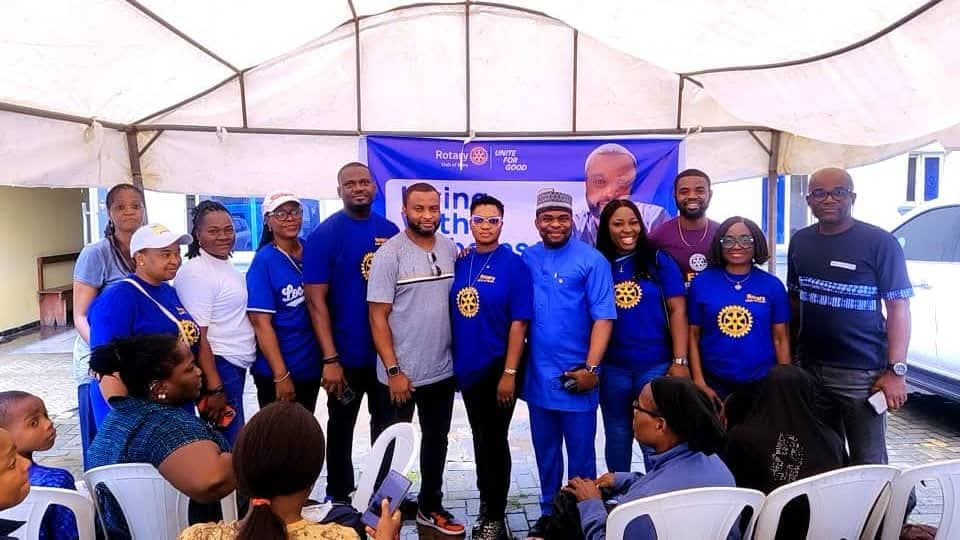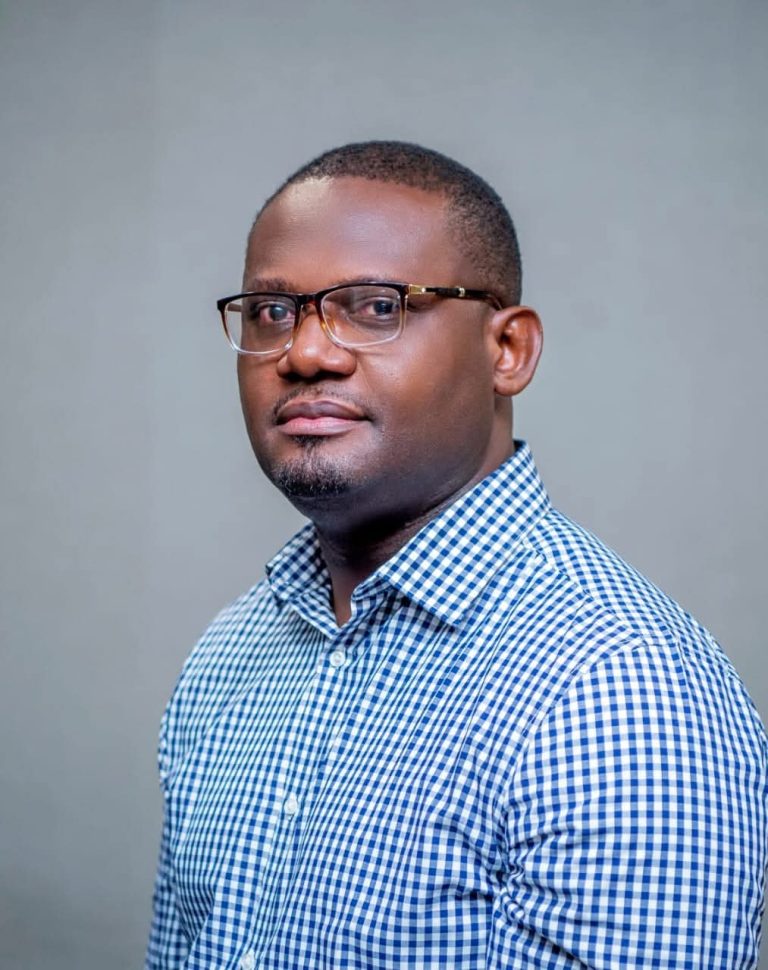If Everyone Shares the Same Objective Concept of Leadership, We Will Get it Right
– Rotn. Chidozie Ofoegbu
Rotn. Chidozie Kenechi Ofoegbu is the current President of the Rotary Club of Ikate, and a Solution Architect at Dyna AI, a Singapore-headquartered multinational. He is a dynamic solution architect, a strategic innovator, and an oriented leader whose work bridges the worlds of technology and community transformation. A dedicated, committed, service-oriented Christian and faith leader. Also a passionate Rotarian and relentless community builder. Chidozie is married and blessed with four children, and he’s building more than solutions; he is shaping the future, a bold step at a time. After his installation ceremony as the 39th President of the Rotary Club of Ikate for the 2025-2026 term, he shares his thoughts with Providence News on leadership, service, and youth development. Excerpt:
How would you describe leadership?
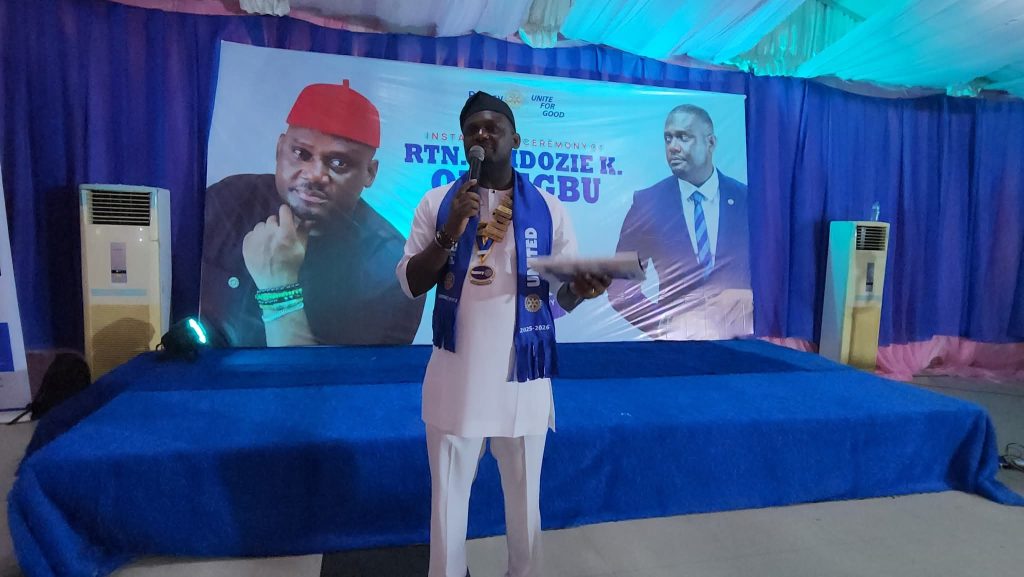
Leadership is a concept that explains how things get done through people and resources, based on pre-determined goals and objectives. It is being able to meet the set goals and objectives, leveraging people and resources.
It requires empathy, understanding of the environment, and a sense of commitment, above average, and beyond. Based on this approach, leadership is not limited; whether as a father, student leader, or church leader, it is the same everywhere.
Leadership is not only at the top, but in our little spaces. If everyone has the same objective or shares the same language about leadership, we will get it right.
Has the Rotary Club impacted leadership direction in society?
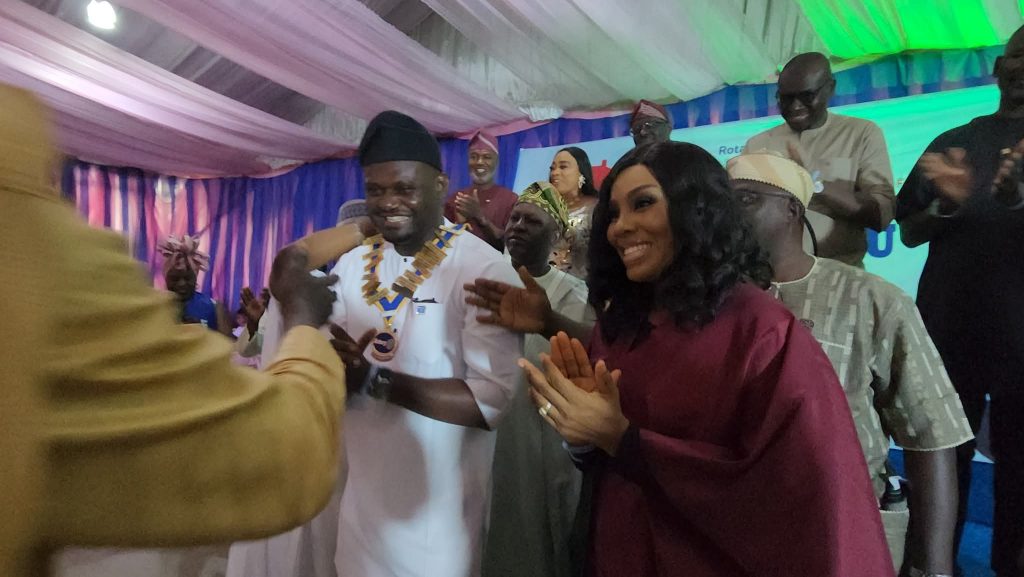
Rotary is one of the platforms, or frameworks, in which leadership can be developed. It has been consistent since 1905, when a group of six people came together and said What we’re going to do is rotational leadership with a focus on humanity.
It was driven by empathy, and the core focus has been kept over the years, with seven core areas. Sometimes we do as if we have to do everything, but leadership is about doing something, and doing it exceedingly well. The seven focus areas, which we champion, are a template and a compass.
From everything, it is driven by empathy, and people who desire change in their community, or environment, and from the last six people to 1.4 million members across 46,000 clubs around the world, and still counting, is a testament that it has succeeded, and will keep working as long as it stays true to its mantra of focus, and service above self, which is the core of every idea of leadership.
Would your installation as the President of the Rotary Club of Ikate not be challenging and demanding?
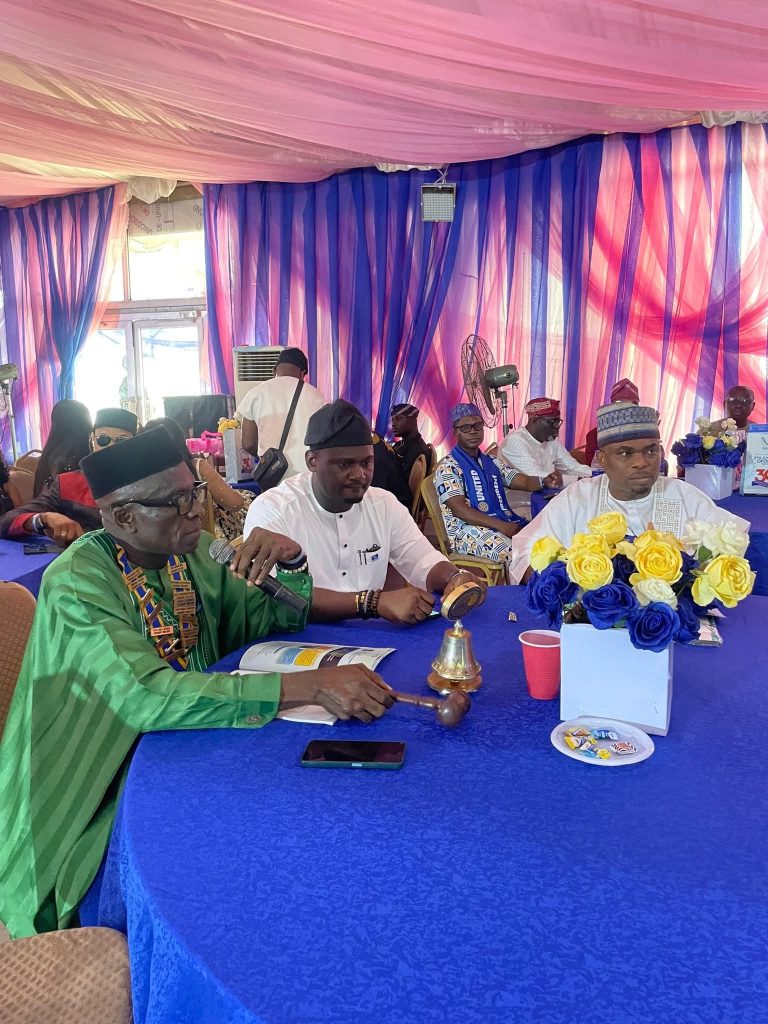
I don’t see it as a challenge, I only see opportunities. I have been a member of the organisation, and it has impacted me positively; more importantly, it brought out of me what aligned with my personal outlook on what I can do for my community and my environment in a small way, because everybody has a role to play if we are ready to play it. It’s a matter of one community at a time, and one human being at a time, where we can effect the change.
It’s not going to be an easy approach; it is one of the little things we do, and as the Chapter President, I don’t see any challenge. The only challenge would be the resources to do what we desire to do. What we imagine, and which is the reason for this year’s theme, Unite for Good, is that it is only when we unite that we can get those resources, and those resources are not just limited to financial resources.
We’re talking about people’s talent, time, and reasoning because it is what we aggregate together along with their treasure. Sometimes, most people might not be good at any of the three; they may not have the time, the treasure, or not have all the obvious three, but they have ideas, and ideas go a long way to be a source of change. Every invention and innovation today started with an idea. Part of the fourth pillar we consider when we ask for people to join Rotary is your time, your talent, your treasure, and your thinking. Therefore, no one is useless in Rotary.
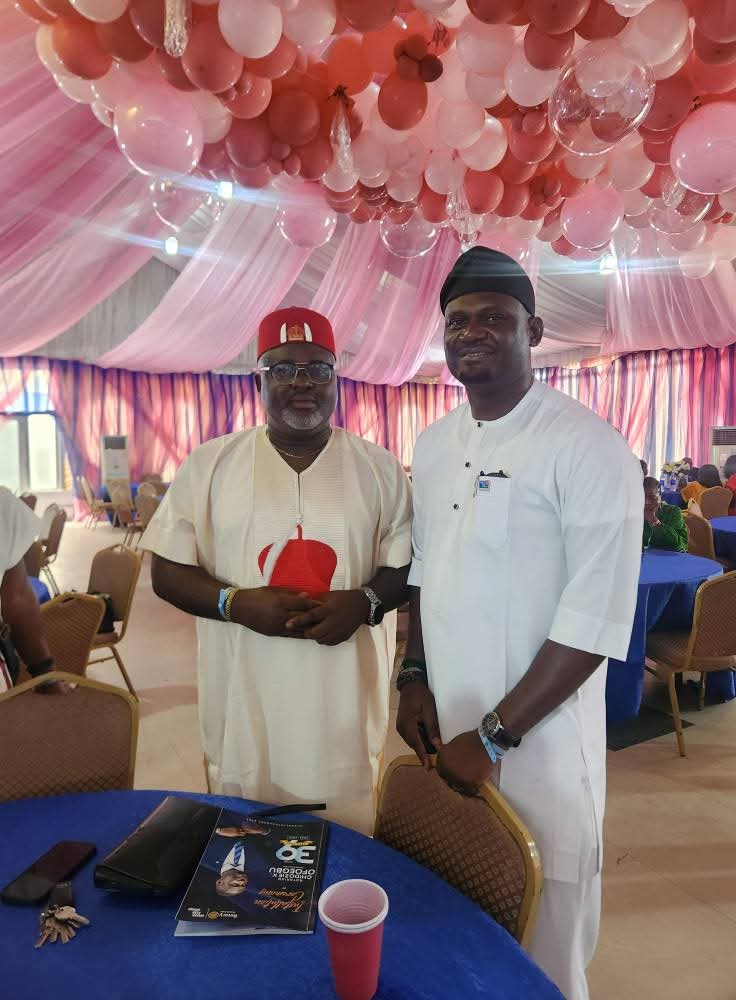
What are the advantages and benefits of being a member?
The first is service. Whatever your faith, who you worship, or where you pray, each one has a service to reach out, aside from who and where you worship; love your neighbour, and being your neighbour’s keeper, one way or the other, is every religion’s requirement. The second is that leadership is not that everyone is born a leader; it is a sense of development. Rotary offers you a platform to develop yourself, and also helps you become a notable speaker, a better communicator, and a good coordinator. In doing these, you are developing certain skills you will naturally not be able to get in your house, and being trusted with social responsibility requires you to build new skills. It’s a platform not only for service, but also for development.
Rotary offers you the opportunity to network with businesses and professionals from different countries around the globe. Some months ago, many Rotarians were in Calgary, Canada. Soon, many will be attending the Rotary Tradition in Belgium. Also, an all-Rotary conference will be held in November 2025, in Port Harcourt, and in 2026, it will be held in Taipei. These are opportunities to network with resourceful people who, aside from being professionals in their own right, are also aligned with the organisation in terms of commitment to service.
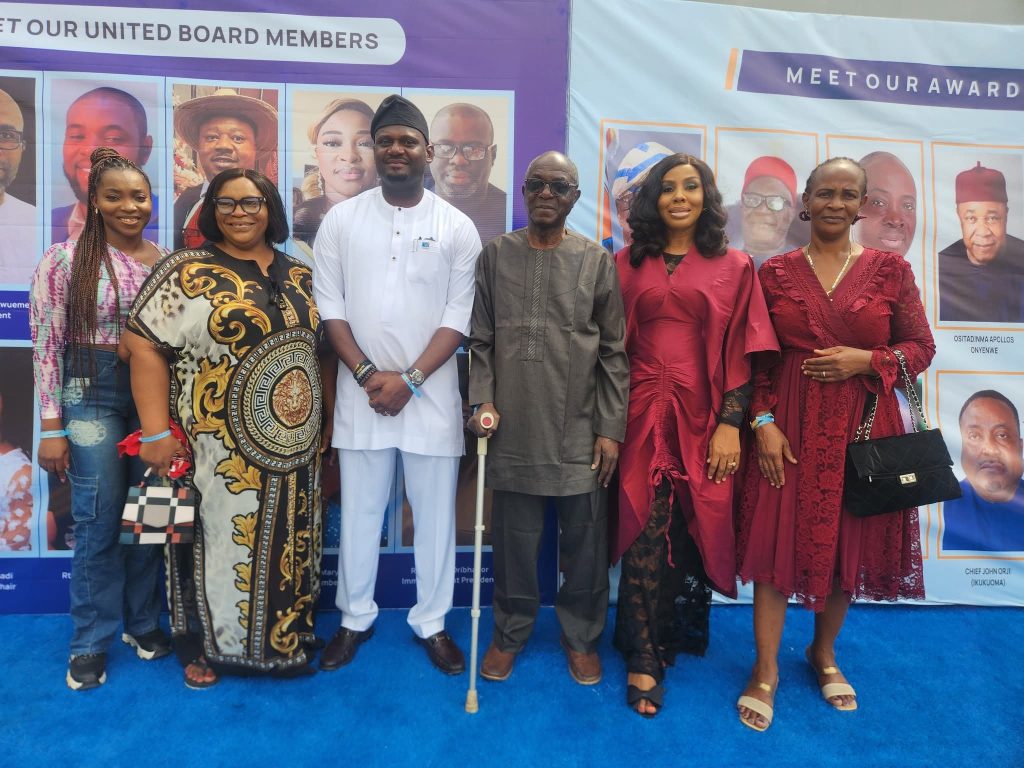
The other advantage is giving back. As Christians, it’s one of the ways God asks us to give back to Him. To give those who are less privileged, the least among us, and to do it, there’s so much anyone can do. Imagine fixing a borehole that will serve a particular school or children who are encouraged to be better at school, helping them remain focused and not distracted by looking for water to drink or having access to good sanitary facilities, or having books in their library, or having a computer in their school, which you might not be able to buy yourself. But being part of a group that can achieve all these, it says a lot about the possibility, and that’s one of the things you’re able to gain as a Rotarian.
How do you consolidate existing development?
We started the Rotary year on July 1st, and, at the beginning of development, the first service project was to raise funds for the Rotary Leadership Academy, where we bring youth as pillars of our society together at the C-School to train them through meaningful leadership and acquire vocational skills. Our club sponsored five youths to that Academy. One of the youths became the best-behaved participant in the District Leadership Academy, where you had over a thousand other students and young people.
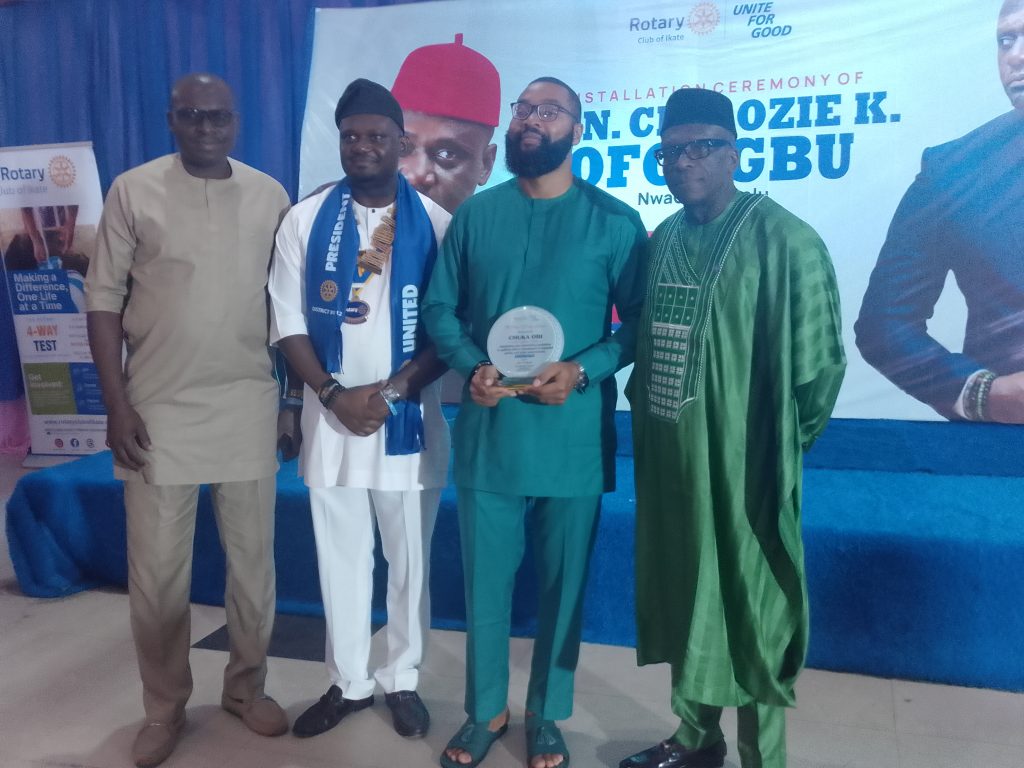
Over time, we hold our Investiture, which is a service project. Rotary doesn’t serve as individuals; there is much we achieve through our membership, and the only way we’re able to raise funds is through members.
What project are you planning to carry out during your tenure?
One of our flagship projects is quite above our budget (smiles), but we are looking forward to assessing foreign grants to see if we can achieve it. We identified two school complexes to build a digital learning centre that would serve a thousand students. The need for this is because many of these secondary school students have probably never used a computer. Some students in higher institutions have not used a computer, and they want to learn how to use computers by accessing them. The fact that the government has stated that the NECO and WAEC exams will now be CBT raises the question of how students will take the exam on a computer when they have not used one before. You can imagine how timely our move is; it’s something we’re going to fill the gap, and one of the things is not only to train the students, but also to allow parents to come into the hub and learn to use computers. Teachers are better equipped to leverage technology tools to educate students to learn new skills.
If students acquire good skills, they may not need to complete their education before getting employed in an organisation. Students are working with the IT firm I’m working with because they know how to write code. There are many possibilities in terms of technology, and that is one of the general things we are seeking.
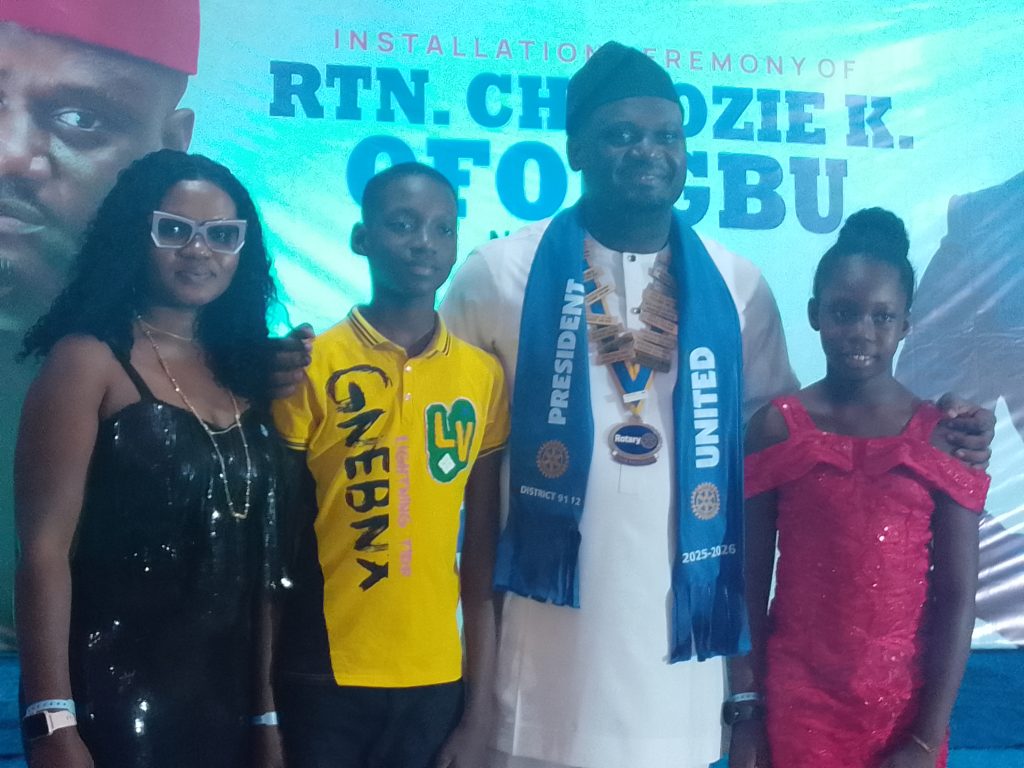
It’s heavy, but we already presented it to the community of Rotary clubs, both local and international. We are also in talks with major grant donors who are working with us. Beyond that, there are many things we’re likely to do. We’re going to be installing sick bays in about three schools. Murtala Ajadi Memorial Grammar School, Rafiu Williams Nursery and Primary School, and Aguda Grammar School, where we will ensure they have a sick bay.
Others include commitment to work with a couple of Rotary clubs on a back-to-school project, for the distribution of school bags to 300 students before the end of September. We’re also going to consider a water project at Adegoke Primary School in Surulere, where we will help them clean up their water, refurbish their sanitation system, and ensure their water is running by fixing their pumping machine, because their water has stopped running. We’re also looking at microloans. We’re seeking a microfinance bank to work with and empower women with low-interest loans that can be paid within a year at 0% interest.
We are planning a seminar on peace and conflict resolution that will focus on traffic regulations. One of the things we regularly see today is conflict between what we need to know in terms of driving, traffic regulations, and vehicle authorities, such as LASMA, VIO, and others.
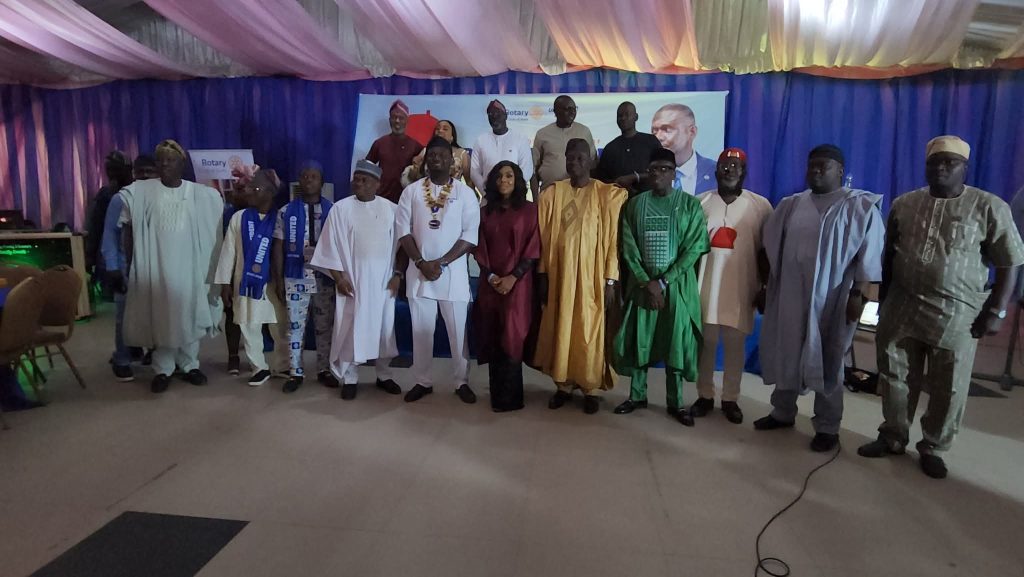
We’re planning to organise a seminar and bring in the vehicle authorities to educate drivers on what they need and how they can better prepare to avoid conflicts with these agencies on the road. We’re also considering a package for girls’ projects and hygiene for boys in secondary schools. With the hope of installing bins for the collection of plastics, and how we can have a better environment. We are considering New Era Girls School, which is a complex of two or three schools. To ensure we protect the environment from plastic waste and all that. These are some things we are considering in the coming year.
How would you summarise your goals?
To focus on humanity, the next generation, and to ensure they are empowered. When you empower women, you empower the next generation; when you equip children, you equip the generations, and when you empower students, you empower the next leaders. When you focus on humanity, you focus on the next generation.
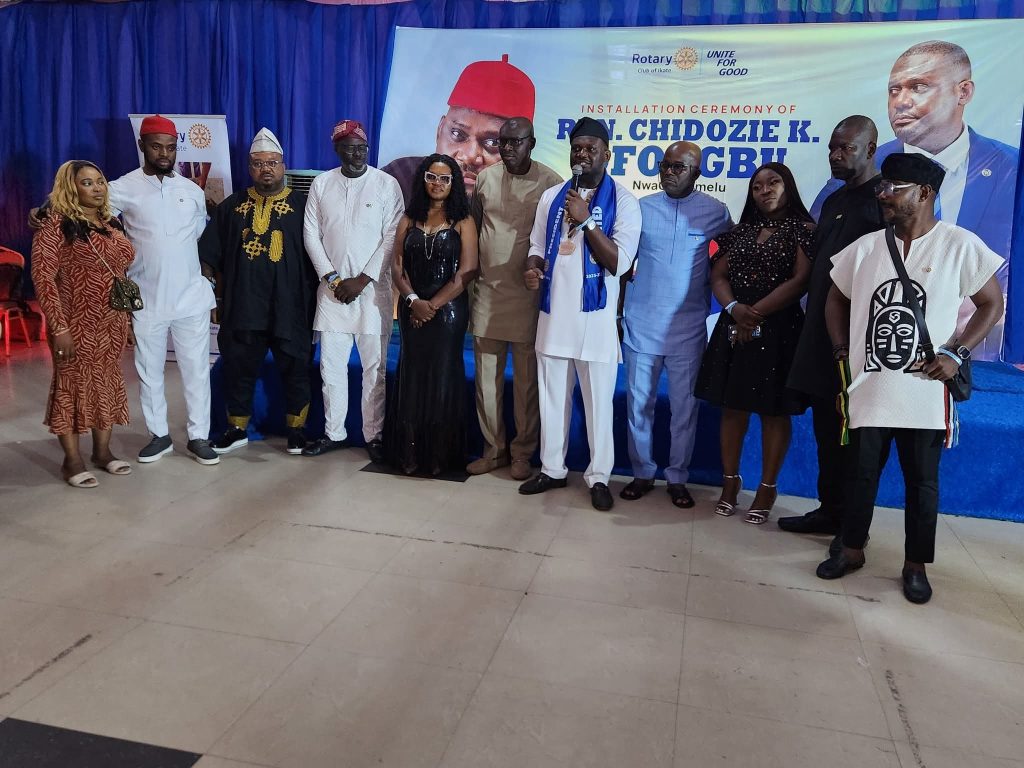
What has been the government’s response to Rotary activities?
There had been collaborations between the Rotary clubs and the government. Sometimes, they provide the resource person, the venue, or approve the required permits. They play a role in what they can do, but we are collaborators, not competitors. There’s no project we don’t involve them in, whether the local government or the state governments. We are collaborators to achieve the same purpose.
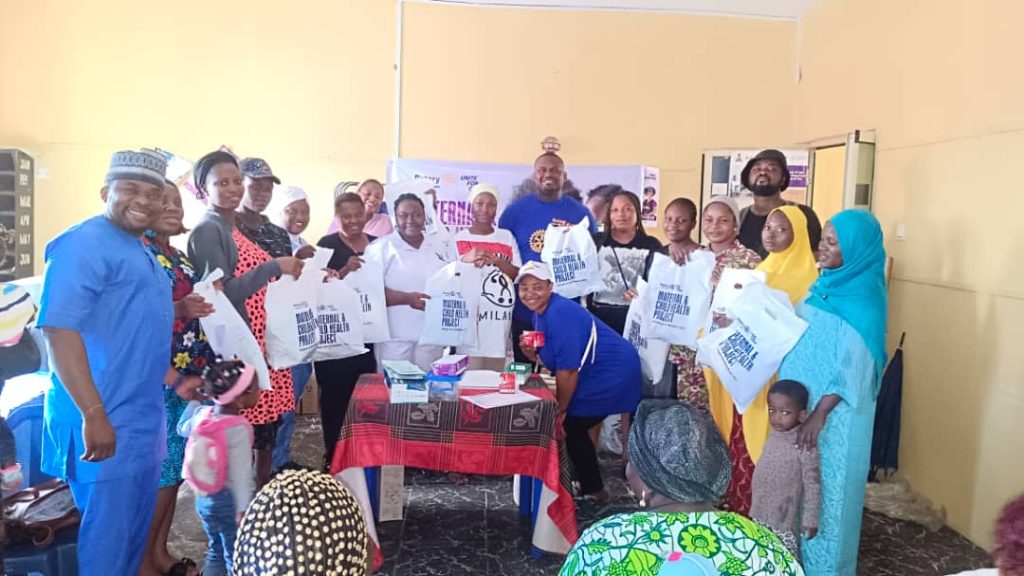
What are your areas of focus?
We have seven focus areas, and we are working on a project in each. Recently, it was maternal and child care and disease prevention. We donated equipment to Akerele Primary Healthcare Centre, focusing on child delivery and immunisation efforts at the clinic. We also donated delivery beds, syringes, and bed covers, with other items for weaned children. Additionally, delivery kits were distributed to 50 expectant mothers, which include antenatal drugs, pads, a marking torch, and other items required on delivery day. On the other hand, we talked about diabetics and how people are unable to afford basic blood sugar test kits, to monitor their sugar level and what they eat.
We had a session to educate them about it and the prevention of foodborne diseases. We had a paediatrist, Arthur Okoye, an ex-British Army officer from the UK, who made a powerful presentation and helped with information to prevent activities towards diabetics.
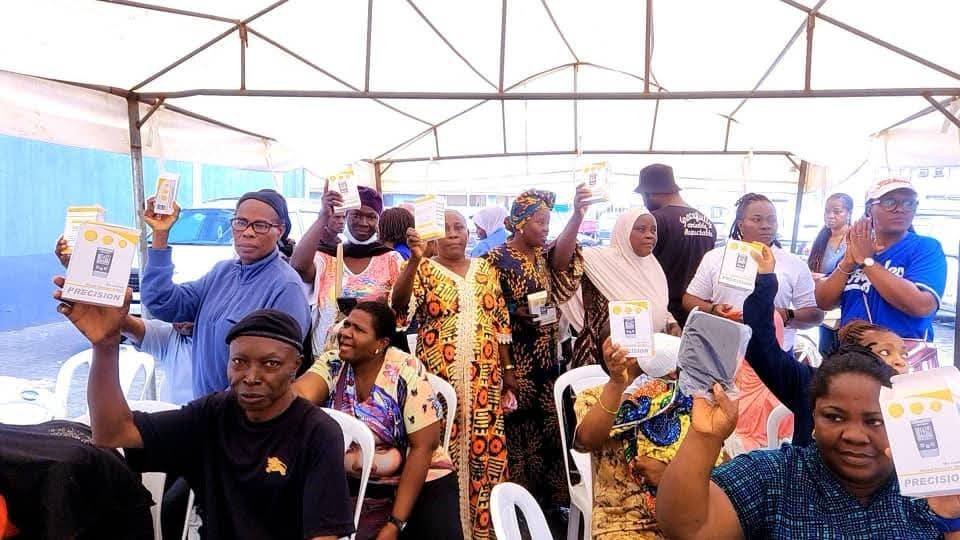
To encourage participants, we shared approximately 30 blood sugar testing kits and devices; this way, even those who are not yet diabetic can support others who may be diabetic in monitoring their sugar levels.
Tell us about your family:
I came from a humble family with five other siblings. My dad is late, but my mom is very alive, healthy and proud of what I am doing. I married an amazing woman and a father of four children. I have a community of friends who have become like family, and that is one of the inspirations for what we do and look forward to achieving.
